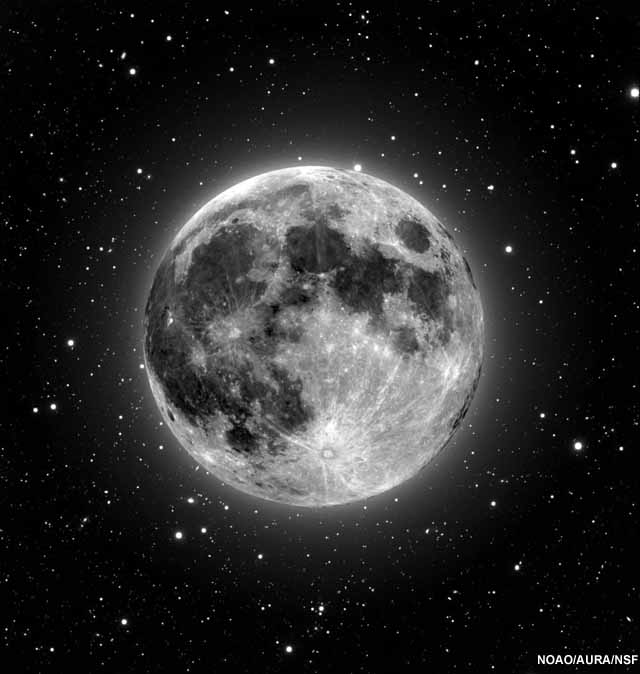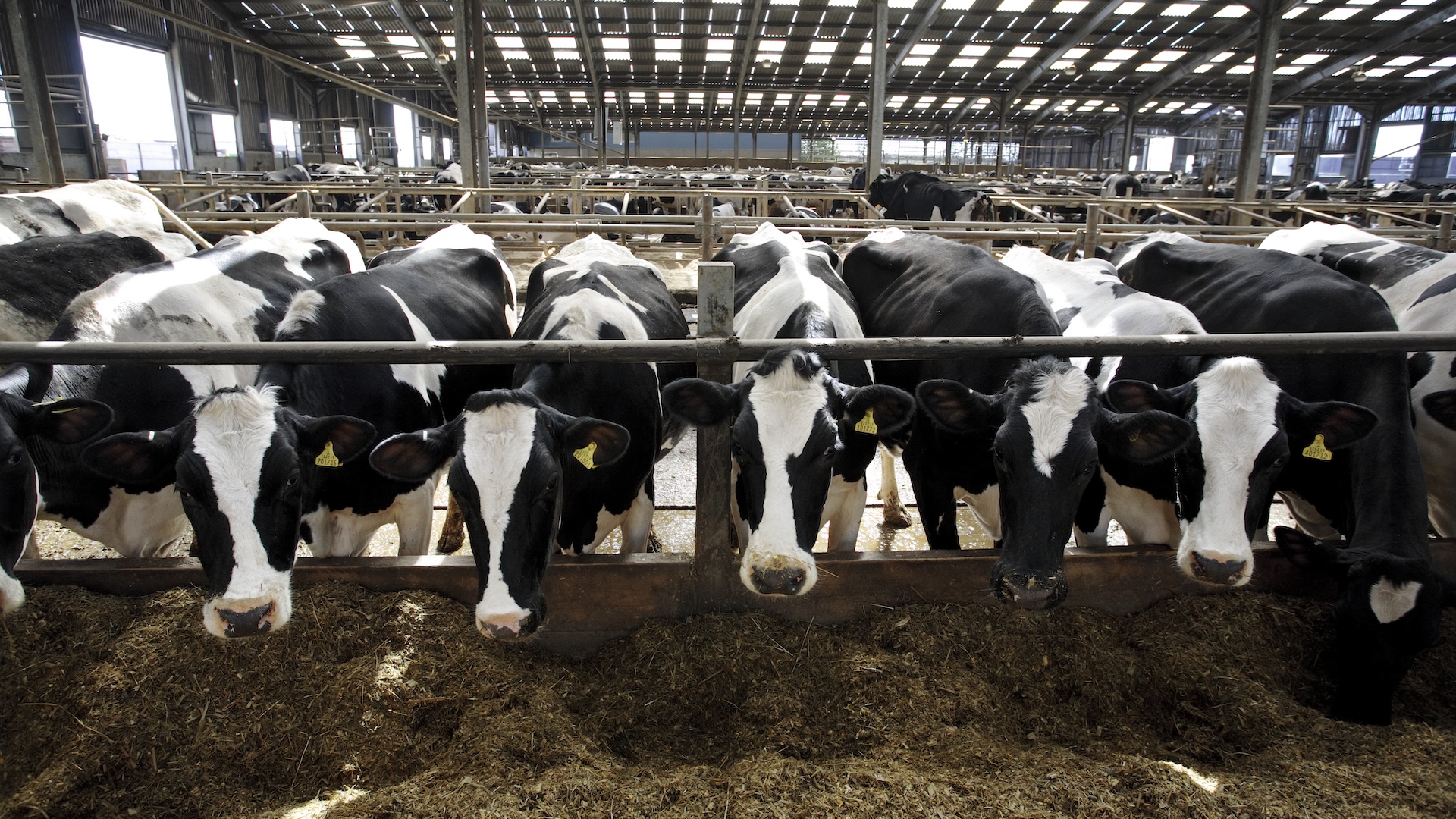Full Moon Sends More Dogs and Cats to Emergency Room

Injuries and illness among dogs and cats seems to be higher during full moon than at other times of the month, a new study finds. But researchers don't know why.
The study, reported in the July 15 issue of the Journal of the American Veterinary Medical Association, finds emergency room visits for these pets increases during or near the full moon. In studying 11,940 cases at the Colorado State University Veterinary Medical Center, the researchers found the risk of emergency room visits to be 23 percent higher for cats and 28 percent higher for dogs on days surrounding full moons.
The types of emergencies ranged from cardiac arrest to trauma.
"If you talk to any person, from kennel help, nurse, front-desk person to doctor, you frequently hear the comment on a busy night, 'Gee is it a full moon?'" said study leader Raegan Wells of the university's College of Veterinary Medicine and Biomedical Sciences. "There is the belief that things are busier on full-moon nights."
Belief does not make for good science, however. And despite the newfound numbers, Wells doesn't know what sort of lunacy is at play.
"It is difficult to interpret the clinical significance of these findings," she said.
Research into mysterious lunar connections has a long history of baffling and mixed results. A pair of studies in 2001 looked into how many humans are bitten by animals during full moons. British researchers found a lunar link, while the separate study in Australia uncovered no connection.
Get the world’s most fascinating discoveries delivered straight to your inbox.
More recently, scientists found that beach pollution is worse during the full moon. That discovery, however, is linked to real variations in tides related to the lunar cycle.
Pinning animal and human behavior to the moon's movements has proved elusive. One suggestion for some observed changes is simply that more people (and pets) are out during the full moon because the night is bright and good for walking. This could lead to more mischief, too, and could explain the recent decision by some British police departments to increase patrols during full moon.
- Top 10 Unexplained Phenomena
- The Most Popular Myths in Science
- Top 10 Cool Moon Facts
Robert is an independent health and science journalist and writer based in Phoenix, Arizona. He is a former editor-in-chief of Live Science with over 20 years of experience as a reporter and editor. He has worked on websites such as Space.com and Tom's Guide, and is a contributor on Medium, covering how we age and how to optimize the mind and body through time. He has a journalism degree from Humboldt State University in California.

